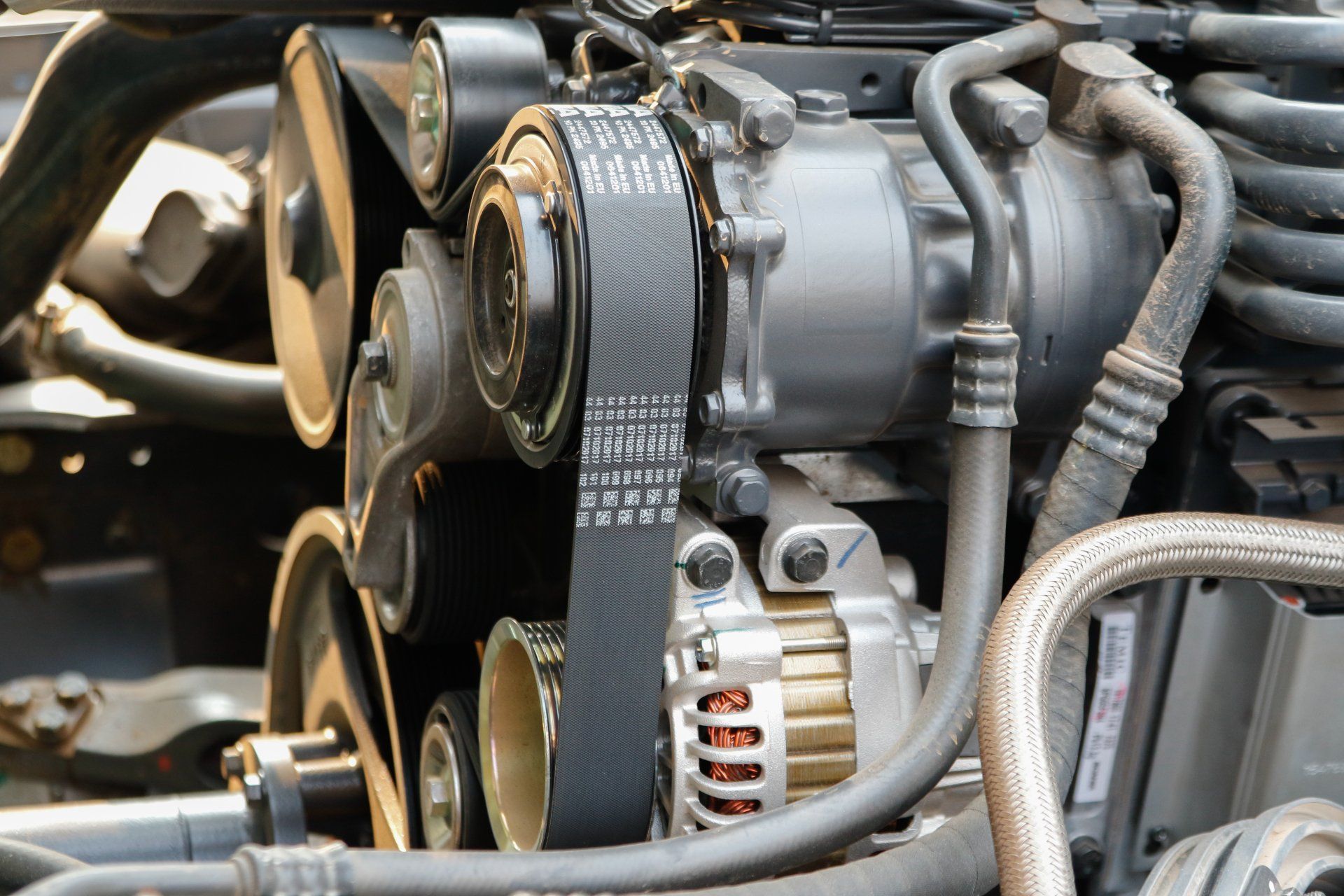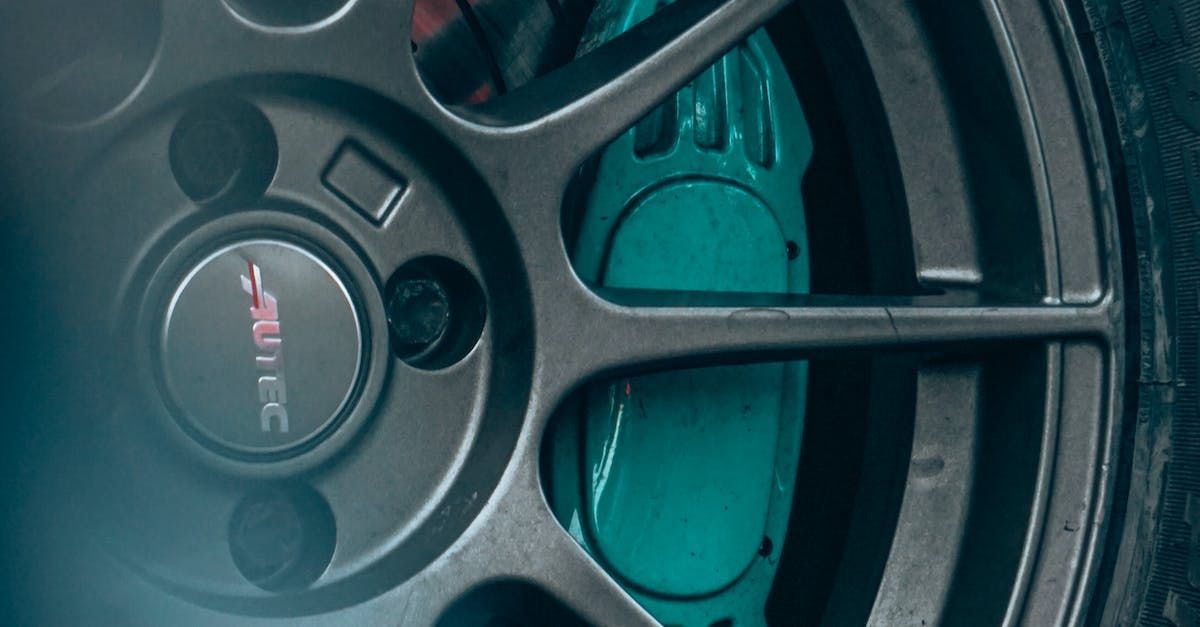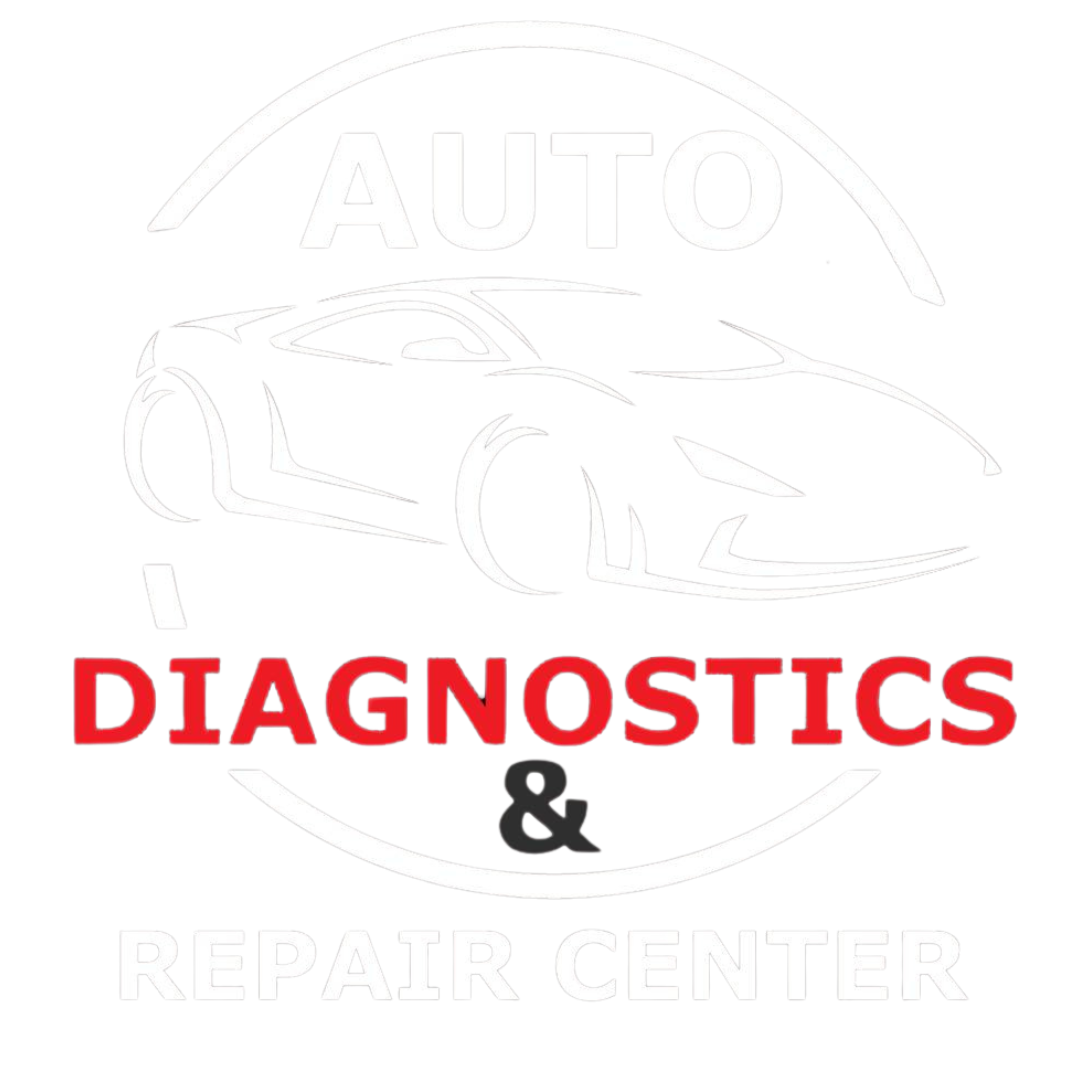Get in touch
(502) 244-6533
adrclouisville@gmail.com
Top Signs Your Vehicle Needs Professional Diagnostics
Introduction:
Owning a vehicle comes with its set of responsibilities, one of which is recognizing when it requires professional care. Understanding the signs that suggest underlying issues can save you from expensive repairs down the line. Here are the top indicators that your vehicle needs professional diagnostics.
Warning Lights on the Dashboard:
The dashboard is your first hint towards the health of your vehicle. When warning lights illuminate, it's the vehicle's way of saying something is wrong. Whether it's the check engine light, oil pressure warning, or battery alert, each symbol is an indication that your vehicle needs a professional diagnostic check.
Unusual Noises:
Vehicles are supposed to run smoothly. If you hear unusual noises like grinding, squealing, or popping, it's a sign that something is not right. Such sounds could indicate a variety of issues, from brake problems to engine complications, and warrant a professional inspection.
Performance Drops:
If you notice your vehicle is not performing as it should, like experiencing power loss, frequent stalling, or rough idling, it's time to seek professional diagnostics. These performance drops can be symptoms of various problems, often related to the engine or fuel system.
Unusual Smells:
Never ignore odd smells coming from your vehicle. A burning smell could indicate an overheating engine or a slipping clutch, while a sweet, syrup-like odor might suggest a coolant leak. Such smells often precede more serious issues.
Fluid Leaks:
Any unexpected fluid beneath your vehicle is a potential red flag. Whether it’s oil, coolant, brake fluid, or transmission fluid, leaks can lead to significant problems if not addressed promptly by professionals.
Increased Fuel Consumption:
A sudden increase in fuel consumption can indicate a range of issues, from minor problems like a dirty air filter to more serious ones like a malfunctioning oxygen sensor. Professional diagnostics can identify and rectify the cause.
Conclusion:
Recognizing these signs and acting promptly by seeking professional diagnostics can significantly extend the life of your vehicle and ensure its safe operation. Stay attentive to what your vehicle is telling you—it might just save you a trip to the repair shop.



